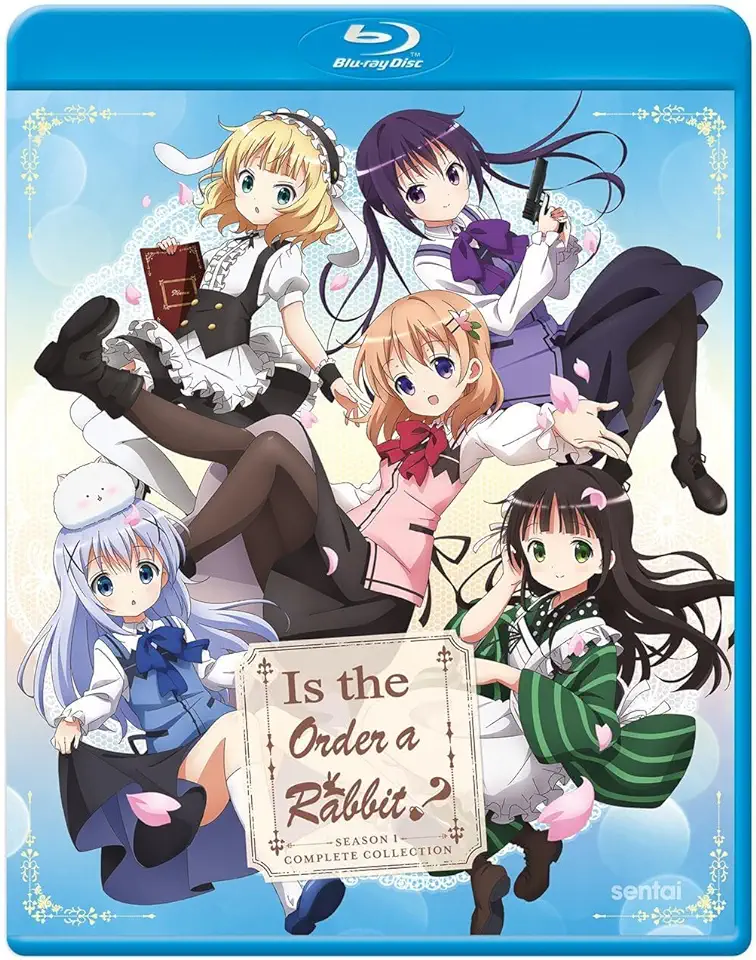
description
9A classic memoir of self-invention in a strange land: Ian Buruma's unflinching account of his amazing journey into the heart of Tokyo's underground culture as a young man in the 1970's When Ian Buruma arrived in Tokyo in 1975, Japan was little more than an idea in his mind, a fantasy of a distant land. A sensitive misfit in the world of his upper middleclass youth, what he longed for wasn't so much the exotic as the raw, unfiltered humanity he had experienced in Japanese theater performances and films, witnessed in Amsterdam and Paris. One particular theater troupe, directed by a poet of runaways, outsiders, and eccentrics, was especially alluring, more than a little frightening, and completely unforgettable. If Tokyo was anything like his plays, Buruma knew that he had to join the circus as soon as possible. Tokyo was an astonishment. Buruma found a feverish and surreal metropolis where nothing was understated--neon lights, crimson lanterns, Japanese pop, advertising jingles, and cabarets. He encountered a city in the midst of an economic boom where everything seemed new, aside from the isolated temple or shrine that had survived the firestorms and earthquakes that had levelled the city during the past century. History remained in fragments: the shapes of wounded World War II veterans in white kimonos, murky old bars that Mishima had cruised in, and the narrow alleys where street girls had once flitted. Buruma's Tokyo, though, was a city engaged in a radical transformation. And through his adventures in the world of avant garde theater, his encounters with carnival acts, fashion photographers, and moments on-set with Akira Kurosawa, Buruma underwent a radical transformation of his own. For an outsider, unattached to the cultural burdens placed on the Japanese, this was a place to be truly free. A Tokyo Romance is a portrait of a young artist and the fantastical city that shaped him. With his signature acuity, Ian Buruma brilliantly captures the historical tensions between east and west, the cultural excitement of 1970s Tokyo, and the dilemma of the gaijin in Japanese society, free, yet always on the outside. The result is a timeless story about the desire to transgress boundaries: cultural, artistic, and sexual.
member goods
No member items were found under this heading.
listens & views

BIG BEAUTIFUL DARK & SCARY ...
by WOLFE / LANG / BANG ON A CAN ALL-STARS / BATHGATE
COMPACT DISC$19.99
Return Policy
All sales are final
Shipping
No special shipping considerations available.
Shipping fees determined at checkout.






